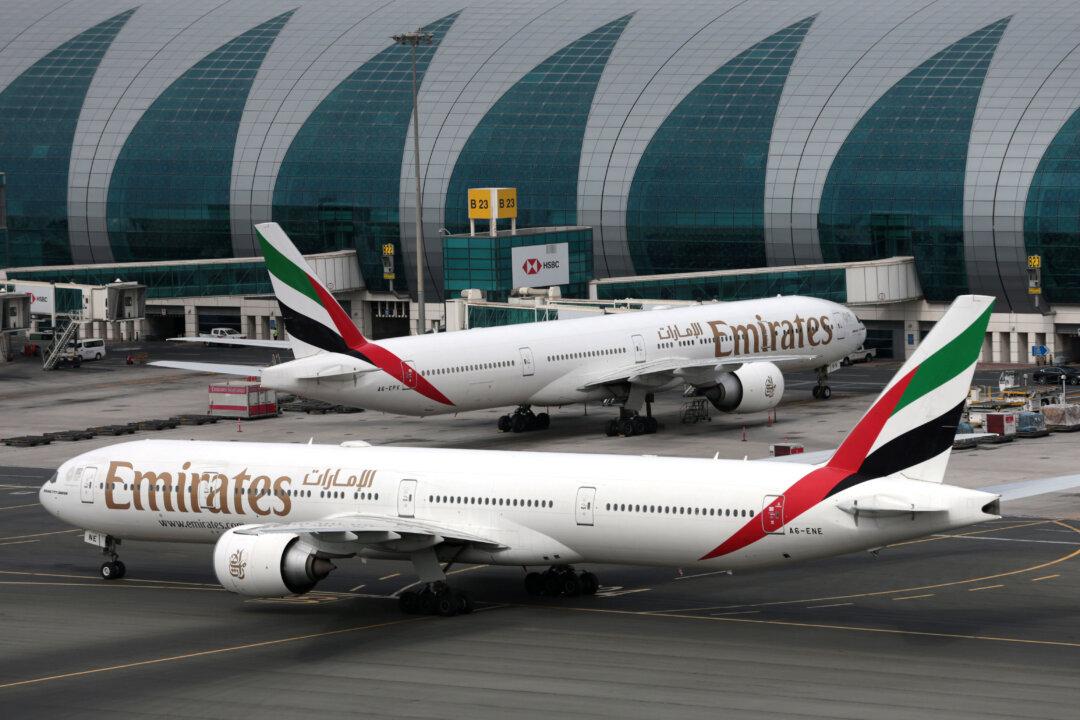The Federal Aviation Administration (FAA) issued on Jan. 7 an emergency flight restrictions for the airspace over Iran, Iraq, as well as the Persian Gulf and the Gulf of Oman, that prohibit U.S. civil aircraft from flying over these areas due to “heightened military activities and increased political tensions in the Middle East.”
https://twitter.com/FAANews/status/1214726433492393984






